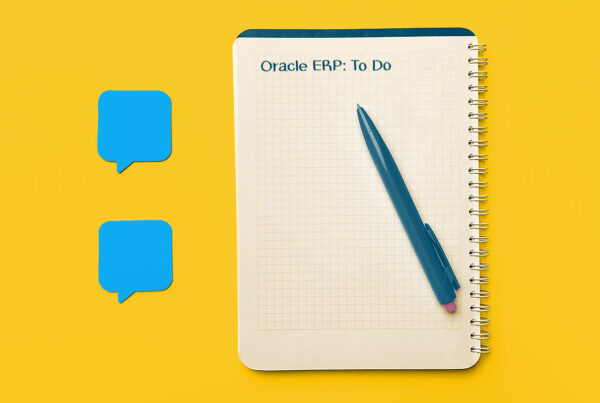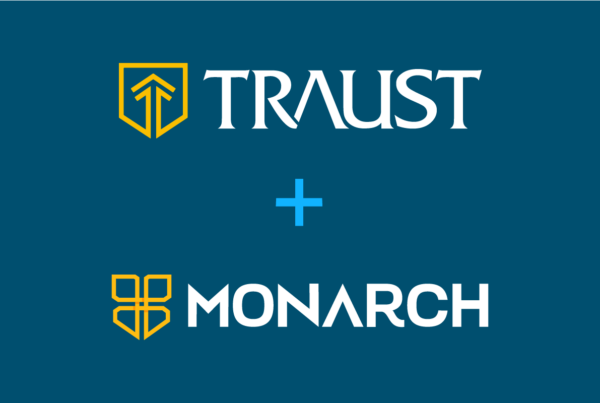There’s an emerging trend for organizations to hire full-time employees with a ‘people-first’ perspective. Many companies are now prioritizing personal composition, work ethic, propensity to work with others, motivation, and a baseline of skills as primary requirements for new hires. Rightfully so.
Considering the pace of technological change, professional skills, and knowledge that a candidate may bring today will likely be antiquated in a handful of years. Consequently, a willingness to learn and grow are paramount for long-term success and value to an organization, instead of targeting a candidate that perfectly aligns with the prescriptions of a job description. Of course, qualifications for a highly specialized or senior role require expertise (not to say that the characteristics above are any less important).
Companies appropriately approach the interviewing process with senior-level consultants from a different vantage point. In these cases, consultants are most often engaged to bring specific subject-matter expertise for a project. This is especially true when we think about consultants charged with supporting or leading the implementation or maintenance of enterprise applications, which require both extensive technical and business knowledge. As such, when a company is looking to implement a new Oracle EBS module like Discrete Manufacturing, they will need that the consultant(s) have extensive knowledge in that domain and ‘hit the ground running’. And this, again, makes sense. These applications have a variety of components, integrations, and nuances that require an extensive baseline of knowledge.
Shifting Your Interview Approach
It becomes more nuanced when a company is seeking a consultant to provide general support or coverage across a variety of modules within a discipline on a specific release of EBS (AP, AR, GL, Cash Management in Oracle Financials on R12.2.6, for example). When you’re interviewing for these types of consulting roles, we would advise you implement a shift in your interviewing approach. Yes, you need someone that brings the required level of technical and functional Oracle knowledge.
While it may be appealing to see a resume with repeated examples of work experience that align with your use case and assume that consultant is the right fit, we find that even when you’re retaining a consultant for a project as short as three months, the soft skills and team dynamics described above are often the difference in a successful and unsuccessful engagement.
This is to say that alignment between the soft skills of a consultant with the team composition, role, and organizational dynamics are what will most often generate the best possible outcome for all parties. We see it as our duty at Traust to not only offer senior-level expertise within a given subject matter, but also recommend a consultant that we feel has the appropriate personality and moxy for the respective project and team – and this doesn’t always just mean the consultant with the most directly related experience.
This is where establishing a trust-based relationship with a consulting firm can benefit your team. While there may be several specialists that can ultimately execute on your initiative, offering as much information on organizational dynamics will lead to better engagements and use of your budget. If your partner isn’t asking the right questions or seeking to understand the ‘soft’ elements of your organization, they are not providing adequate value.





